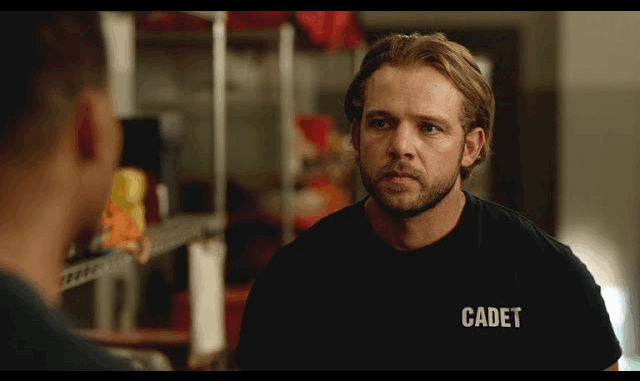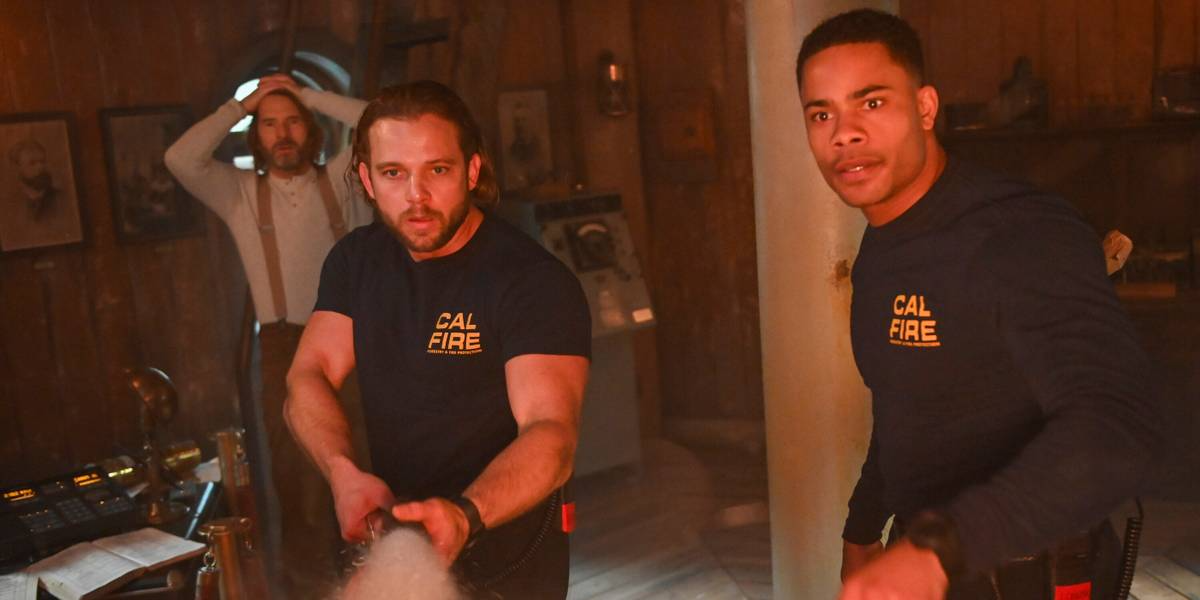
More Than a Show — A Tribute
While Fire Country delivers gripping drama, at its core, it’s a love letter to real firefighters, especially those risking their lives during California’s relentless fire seasons. Max Thieriot didn’t just create a series — he created a mirror held up to the reality of service, sacrifice, and redemption.
“This isn’t just a story,” Max says. “It’s a reflection of real people who wake up every day and walk into fire.”
Inspired by His Hometown
Max grew up in Occidental, a small town in Northern California surrounded by redwoods, rural communities, and constant fire threats. Many of his friends and family members were volunteer firefighters. Their courage wasn’t performative — it was quiet, everyday bravery.
Fire Country was born from this world — not as fiction, but as a dramatized extension of a deeply personal truth.
Respecting the Details

To make Fire Country feel authentic, Max and his team worked with active and retired firefighters to shape dialogue, tactics, and emotional tone. From the way hoses are carried, to how smoke behaves in forest fires, the production makes deliberate efforts to honor real-life procedures and risks.
But Max emphasizes that it’s not about being perfect — it’s about being respectful.
“We’re not a documentary,” he explains. “But we owe it to the people we’re representing to get the spirit right.”
Highlighting Inmate Firefighters
One of the boldest and most meaningful aspects of the show is its spotlight on incarcerated firefighters — men and women who fight wildfires for minimal pay while serving time.
This underreported reality has been part of California for decades, yet few shows have dared to explore it. Max insisted that Fire Country not just include it, but center it.
Through Bode’s storyline, the show sheds light on the complexity of redemption, labor, justice, and humanity inside the prison fire camp system.
Community Outreach Behind the Scenes
Off-screen, Max supports real fire departments, fundraising events, and wildfire relief organizations. He’s used his platform to raise awareness for mental health challenges in first responders, including PTSD, burnout, and suicide.
He’s also visited real camps and stations to hear firsthand stories — many of which have directly influenced the show’s writing.
“You can’t fake this stuff,” Max says. “You have to sit with the people. Listen. Carry it.”
Creating a New Kind of Hero Narrative
In an age where superhero franchises dominate, Fire Country offers a different kind of hero: the one who’s tired, flawed, terrified — and still shows up. Max wants viewers to understand that bravery doesn’t mean fearlessness. It means fighting anyway.
That shift in narrative helps humanize not just firefighters, but anyone trying to start over.
A Show That Serves
Ultimately, Max hopes Fire Country does more than entertain. He wants it to serve — to open conversations, build empathy, and remind viewers of the real people behind the helmets.
“If one firefighter feels seen, if one inmate finds hope, we’ve done something right.”
And that — more than the ratings, the awards, or the headlines — is what keeps him burning forward.
